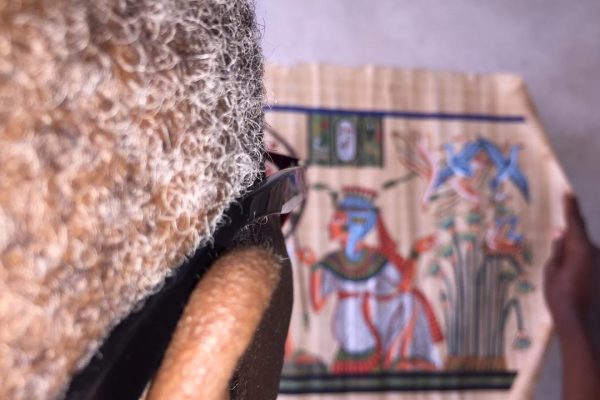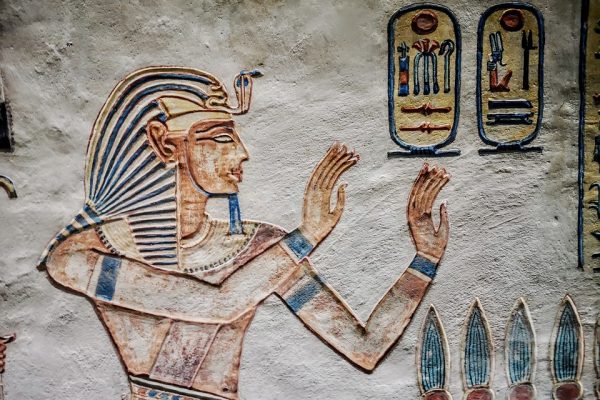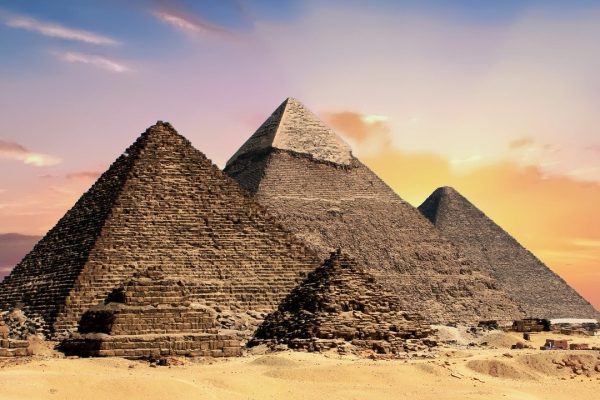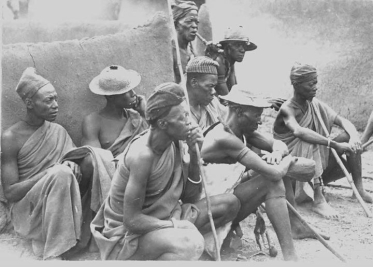According to Wikipedia, ‘primogeniture’ is defined as “the right, by law or custom, of the first-born child to inherit the parent’s entire or main estate.” In Igala culture, inheritance rights are limited to a father’s property or title, if he held a kingship or traditional chieftaincy title before his death. Throughout Igala kingship history, the principle of primogeniture has been breached on several occasions. At one time, a younger sibling unexpectedly ascended to the throne […]
Origins: Genealogy Bonds Ethnicities
Like twin infants exchanged in their cots in a maternity ward at birth, groups of ethnic nationalities in my African country act like strangers to one another. Whereas, if they were a bit more careful, they would know that there is a supernatural bond of common patrilineal ancestry tying them together. If they had carefully studied these so-called strangers’ family pedigrees, their peculiar animal totems and traces of lexical commonalities between their two languages, they […]
Claims On Igala Origin
ORAL HISTORY The quest for Igala origins gained momentum when European explorers, missionaries and colonial administrators variously carried out investigations about the Igala people; and informants fed them with stories based on oral accounts, as follows: (a) Ígálámẹ̄la Clans According to oral history, the first Igala to arrive the coastal town of Idah were now the Ígálámẹ̄la, the Igala aborigines whose […]
Igala History: Àbùtù Ẹ̀jẹ̀
Àbùtù Ẹ̀jẹ̀ (c.1597-1627) was the great grand-father of Àtá Áyẹ́gbà and his brother, Átíẹ̀lẹ̀, who founded the Ògwùchẹ́kwọ̀ royal house at Ánkpa, both sons of Ata Idoko Agánápojè. Robert Arthur Sargent, in his doctoral thesis, Politics, Economics and Social Change in the Benue Basin: 1300 – 1700 (1984), recounts an exhaustive political history of Àbùtù Ẹ̀jẹ̀. Between c.1520 and 1550 A. D., he was “the leader of the leopard community,” the […]
Igala Rites – Ìchòlò Ígáláà
In the Igala culture, certain solemn ceremonies are performed during the year in the practice of the people’s traditional, ancestral religion, called Ògwùchẹ́kwọ̣̀. Traditional rites are performed during a variety of social events, such as marriage, child-naming, dedication, funeral activities, conferment of titles, appeasement of spiritual entities and during festivals scheduled for both the rainy season and the dry season. […]





